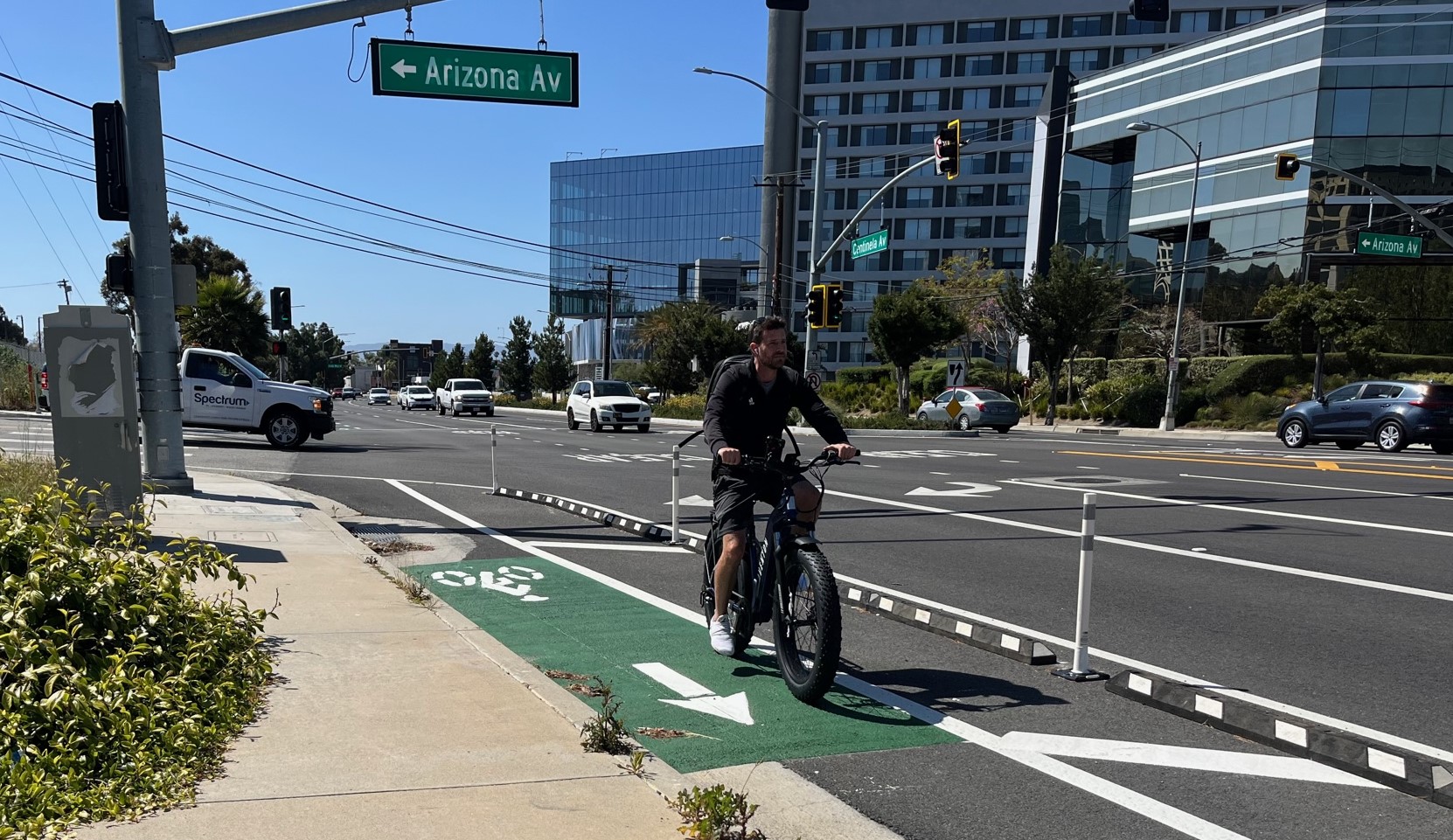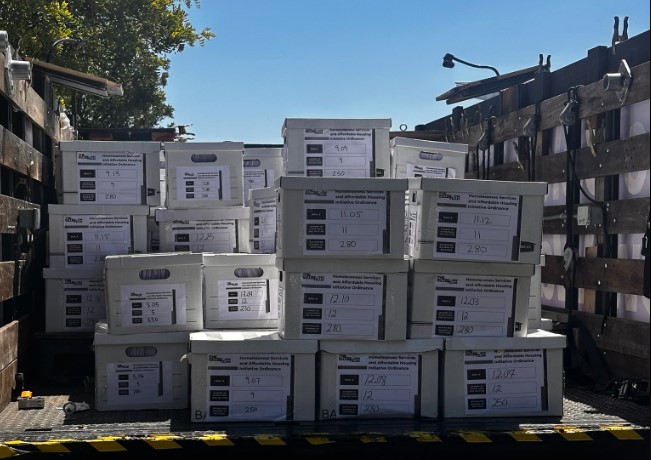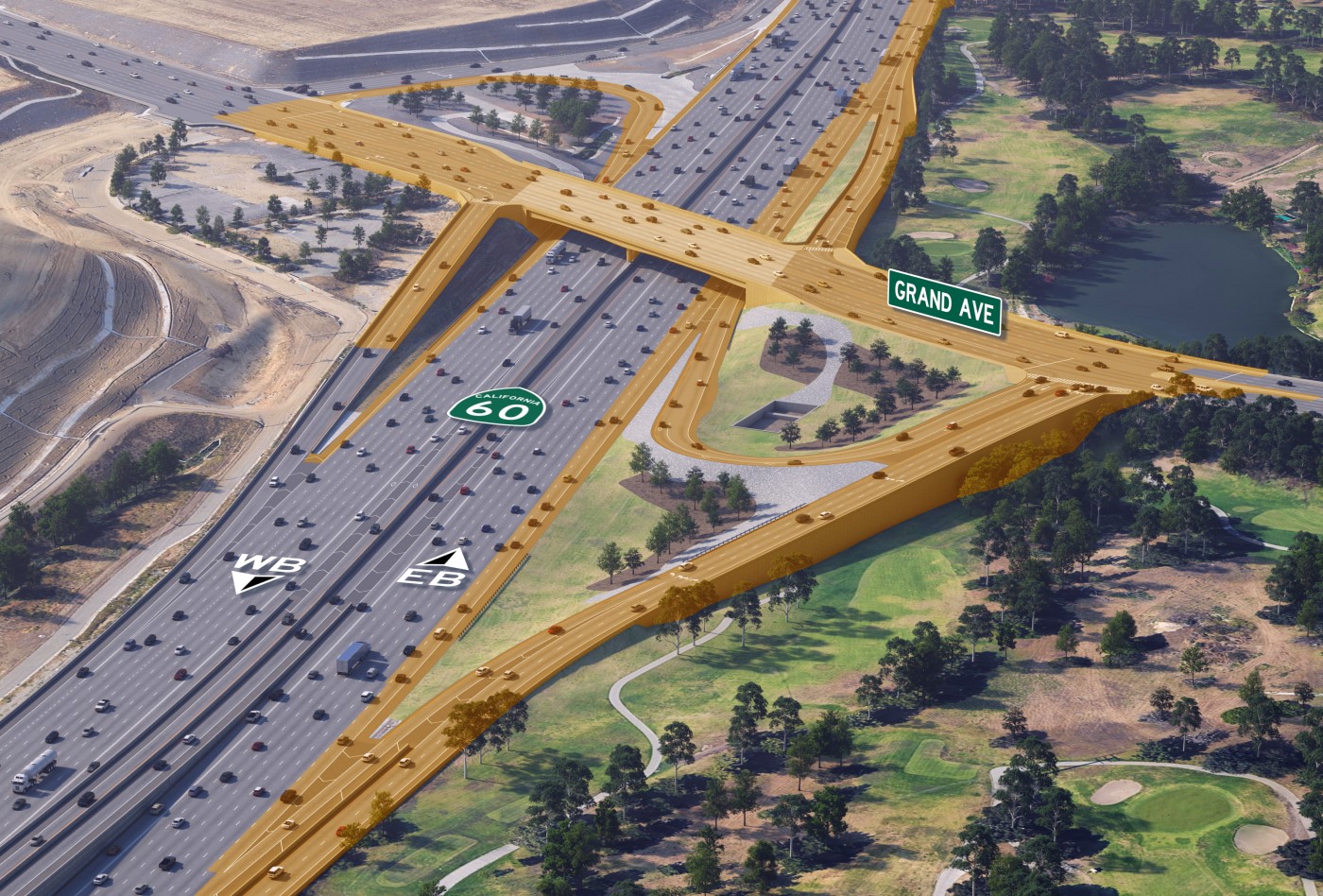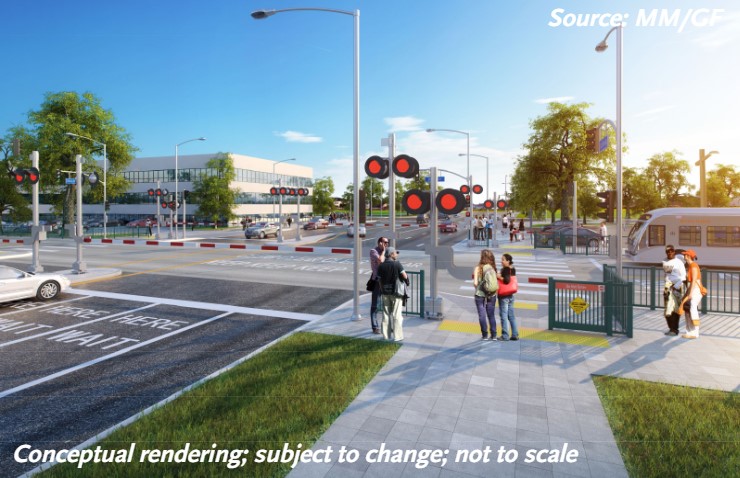Last week the Metro board of directors Finance, Budget and Audit Committee took a step toward approving modifications to TAP fare payment that would result in a relatively minor fare increase.
The TAP changes proposal goes by the somewhat opaque description of "Transfer on 2nd Boarding."
In June 2015, the Metro board approved a regional interagency transfer (IAT) policy (staff report) that proposed shifting interagency transfers from paper to electronic TAP cards. Inter-agency transfers include, for example, transferring from the Metro Gold Line train to a Foothill Transit bus.
In 2015, Metro analysis found that shifting transfers from cash to electronic media would have an adverse impact on low-income riders. To address this, Metro approved "a comprehensive Marketing and Outreach campaign including dissemination of up to 1 million TAP cards to customers."
Since 2015, Metro has been developing software changes to support all-electronic interagency transfers.
The transfer on second boarding policy proposal (staff report) before the Metro board includes four changes to fare payment:
- Eliminate paper interagency transfers: Interagency transfers remain available, but only when fare is paid via TAP card. Interagency transfers will be available for 2.5 hours after initial boarding; today's 2-hour window for Metro transfers will remain unchanged.
- Eliminate day passes: Instead of day passes, riders would pay for subsequent same-day rides with TAP stored value, which could be added at vending machines and on buses. Clarification: per Metro, the day pass elimination only applies to day passes purchased on buses. Day passes will be available to purchase at ticket machines, retail vendors, online, and by phone.
- Eliminate tokens: Per the Metro staff report, TAP cards have "caused Metro tokens to become obsolete" and further tokens are "expensive to count, handle, secure and maintain." Tokens would be phased out over 13 months, starting with an initial two-month notification campaign, after which token sales would end, followed by at least a year for riders to use up existing tokens. Existing programs that provide tokens to low-income riders (Immediate Needs Program, Rider Relief Program) would replace tokens with TAP cards.
- Charge $2 for TAP cards systemwide: TAP cards are currently $1 at vending machines and on buses, and $2 elsewhere (online, by phone, at a Metro Customer Center, etc.) Vending machine sales account for nearly three-quarters of all TAP sales, according to Metro spokesperson Rick Jager, who said vending machine sales were 72 percent for July through October 2017. Based on current sales volumes, the price hike on cards would result in an annual increase of nearly $3.7 million in TAP sales revenue: $3,600,648 from vending machine sales, and $51,756 from sales on buses. Senior, disabled, and student TAP passes are currently free and will remain so.
Overall, Metro anticipates that these changes would reduce the use of cash and increase TAP use, thereby speeding up boardings. In addition to benefiting riders, this faster boarding would allow Metro to operate more efficiently, reducing agency costs somewhat.
According to 2016 customer surveys, about 72 percent of Metro riders already currently have and use their own TAP card. Early on, TAP cards expired after three years; they now expire in ten years. Though the cost of a TAP card would double for new purchases, current TAP holders would not be affected for several years, and, in Metro's words, "the cost of the card, amortized over ten years, is quite low."
Next week, the full Metro board is expected to approve sending the TAP proposal to a required public hearing on January 17, 2018. After that hearing, the board would vote on approving the changes. If approved by the board, the changes are expected to be implemented in Spring 2018.
Readers - what do you think? Will the TAP changes affect you? How do you think they will impact ridership and rider convenience? Any readers out there still using Metro tokens? Add your comments below - and plan to attend the January 17 hearing.
Corrections (in italics) made per information received from Metro 11/22 noon.





